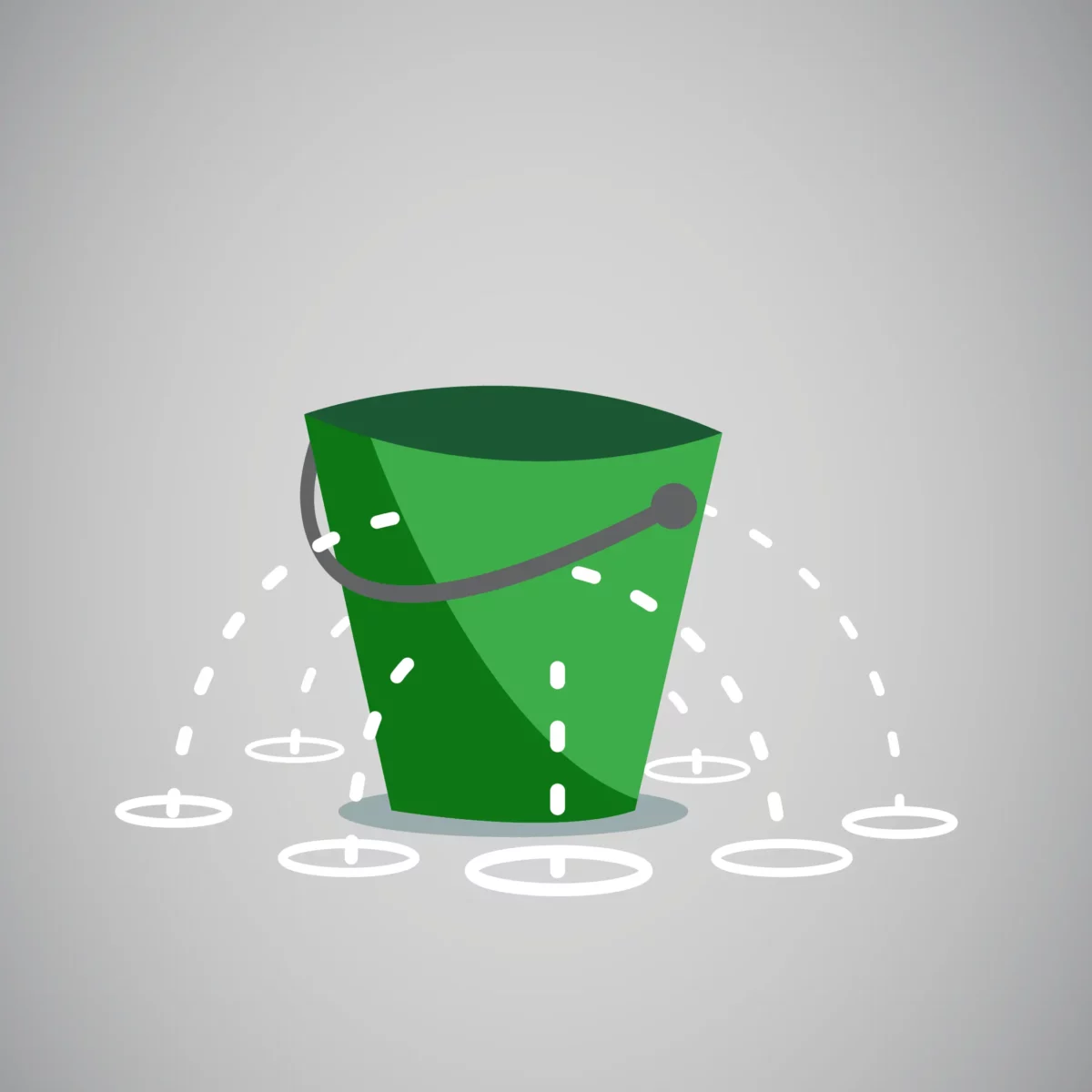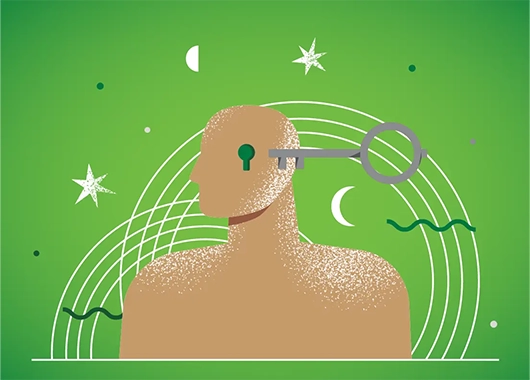We all like money, and we all like freedom … so why are so few Americans financially free? Only 1 in 10 Americans are living their definition of financial freedom, according to a 2023 study, and for most, freedom simply means making ends meet without major stress or debt.
That’s a problem we can fix. In our experience, the best way to create a financially secure culture is to live it, one person at a time. But you can only crack the code if you know where you’re at right now.
Take the Financial Wellness Quiz from MoneyEdu to see how you stack up, then read our tips below to see how you can improve your score.
P.S. MoneyEdu is a financial education site FREE to ICCU members. It walks you through complex money topics in mere minutes, plus exclusive access to other money quizzes and calculators. Sign up to see everything it has to offer.
What is financial freedom?
While financial freedom can mean different things to different people, most describe it as having enough earnings to cover your expenses — aka, the ability to live life on your own terms.
There are plenty of ways to become financially free. Some strategies include increasing your income to outpace your expenses, re-analyzing your needs vs. wants, learning about investing, and watching your credit score. Many members find the greatest success by combining multiple strategies into one.
The trick is finding a strategy that fits your lifestyle, fuels your interests, and addresses your worries. Ultimately, the best strategy is the one you can stick to long-term.
Why is it so hard to be financially free?
If financial freedom was easy, more people would have accomplished it by now. As MoneyEdu explains in its course “Setting your Financial Priorities,” societal pressures, internal expectations, and even psychological factors can affect the ways you spend and save. Forbes agrees, saying, “The most important emotions in relation to money are fear, guilt, shame and envy. … Without awareness, they will tend to override rational thinking and drive your actions.”

Do you relate to any of these sentences?
- I spend too much, and I know it.
- I’ve waited too long to become financially stable, or I don’t know enough to even begin.
- I should be able to provide/give more to the people I care about.
- I avoid important financial tasks (budgeting, planning for retirement, paying bills, etc.), even though procrastinating could spell trouble for my family.
- If I don’t get my finances in order soon, I’ll be in big trouble.
- I’m scared that when I start learning about finances, I’ll see how many money mistakes I’ve made in the past.
- I buy stuff when I’m unhappy.
- I’d be happier if I had more money.
The first two thoughts are directly tied to shame, the feeling of letting yourself down. The next two are tied to shame’s cousin, guilt, which is the feeling of letting others down. The two after that focus on fear, and the final two feature envy.
While some of these thoughts might sound like they have a ring of truth to them, all are preventing you from achieving financial success. They don’t inspire action — they inspire avoidance. If you’re going to tackle financial freedom, you need to be compassionate with where you’re at now and what got you there. It’s the only way to escape the avoidance (and self-punishment) cycle.
MoneyEdu dives into five ways you can tackle those not-so-easy thoughts:
- Cultivate self-awareness
- Set clear financial goals
- Practice mindful consumption
- Seek support and accountability
- Cultivate alternative sources of fulfillment
How do I achieve financial freedom?
First, you have to get curious about your finances. (In fact, most paths to success begin with curiosity.) Don’t rely on willpower alone. Instead, give yourself permission to have a little fun.
What is one thing you’ve always wanted to understand about money? Maybe you love learning about the psychology of spending – why people spend what they do when they do. Or maybe you’ve always wanted to know what lenders see when they pull your credit report. Or how to get the best tax breaks every year. You don’t have to make finances your passion; just find one thing that sounds both interesting and helpful to your current financial situation.

Then, it’s time to dig up answers. If you have a specific money goal in mind, browse MoneyEdu’s courses to find one that will cover your specific questions. If you’re looking to improve your general finance know-how, visit the Featured section to immerse yourself in that month’s highlighted topics.
Each course has a Notes section. Use it! As you’ll soon see, you can’t change your habits overnight, and your memory gets less effective the more time passes. Those notes will come in handy when you’re halfway to financial freedom but forgot the last few steps, ideas, or plans that will seal the deal.
Next, take action. Implement the things you learned but remember what we said earlier: The best habits are built over time. If you bite off too much at the beginning, you’ll overwhelm yourself and start the punishment-avoidance cycle all over again.
Instead, give each course the time it deserves. Most only take about 30 minutes to complete, but the same isn’t true of making — and sticking to — the changes each course suggests. We suggest tackling one course a week, but find the pacing that works best for you.
Finally, quiz yourself one last time. After a few months, take the quiz again. (Bookmark the link now!) Did you score higher than last time? If not, can you pinpoint the reason you didn’t?
Celebrate the successes and compassionately look over your weak spots. Watch for any deceptively destructive thoughts (“I deserve to …” or “I can’t …”), which are NOT forms of self-compassion. Instead, remind yourself that you’ve made it this far, and you’re excited to see how much further you can go.
Rinse and repeat!

How do I know if I’ve reached financial freedom?
This is both the easiest and hardest part. Take a step back and be honest with yourself: How do you feel about your finances and money in general? Is your first response dread, anxiety, apathy, or stress? If so, you’re not quite free yet.
If you can honestly say you feel comfortable, relaxed, or even a little excited, congrats! There’s a good chance you’re financially free.
No matter where you’re at with your finances, MoneyEdu can help you nix the bad habits and keep the good ones rolling. It can educate you on all the things you didn’t learn in high school, calculate a potential car loan, and lay the foundation on your emergency budget. Take it from us — ICCU employees use MoneyEdu as one of the many ways we stay on top of our own financial game.
The first step toward financial freedom is free. As an ICCU member, you get perks other people don’t. Take advantage of them by creating a FREE MoneyEdu account now.



